Your Radiator Heating System and Pittsburgh's Winters
When you need hvac radiator repair pittsburgh, you're likely facing an urgent issue like cold spots, leaks, strange noises, or high energy bills. During Pittsburgh's harsh winters, a reliable heating system is essential for comfort and safety. Many older homes in the area rely on durable cast iron radiator systems, which have provided warmth for decades. However, like any mechanical system, they require maintenance and repair to function efficiently.
A key concern is efficiency. Many older boilers operate at 60% efficiency or less, while modern systems can reach 96%. This gap directly impacts your monthly energy bills. Understanding your system is the first step to making smart repair decisions, whether you have a single cold radiator or a noisy boiler.
I'm Bill Scott, general manager of Smart Climate Solutions. With over 15 years of experience serving Pittsburgh homeowners, I've handled every type of hvac radiator repair pittsburgh challenge, and I'm here to help you steer your options.
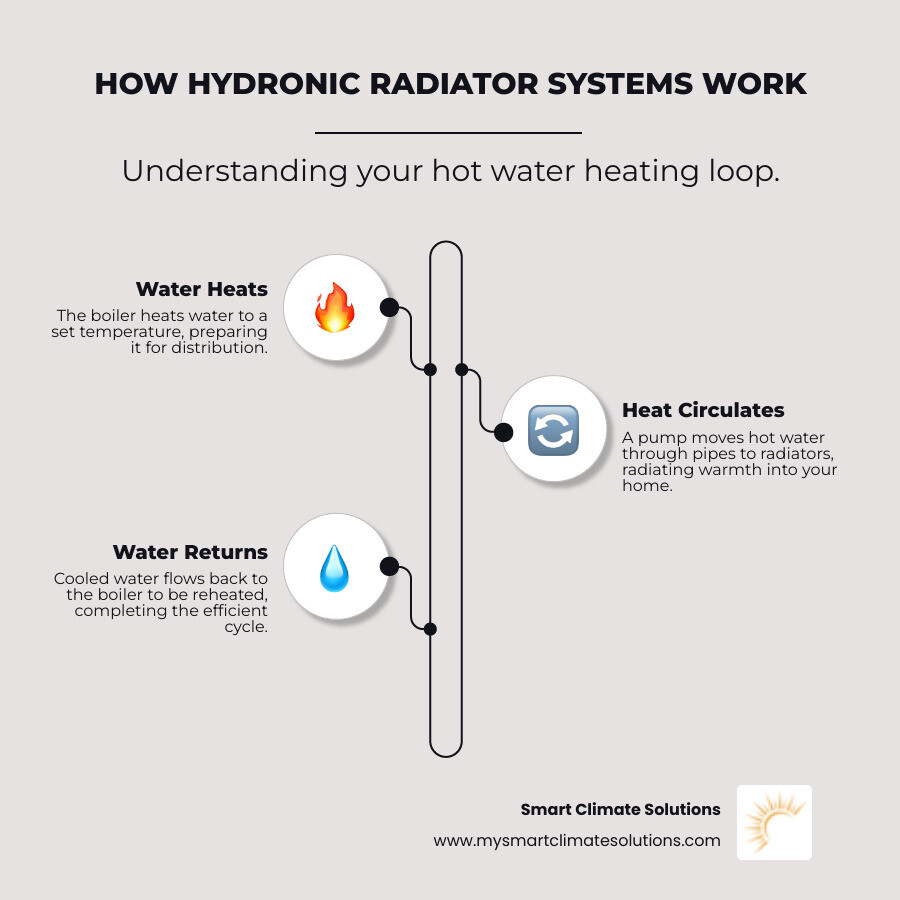
Hvac radiator repair pittsburgh terms to learn:
Why Radiators are Common in Pittsburgh
Pittsburgh's historic architecture features many homes built with radiator heating, the gold standard of their time. These cast iron systems are known for their incredible longevity, often lasting over 50 years. Their appeal lies in providing radiant heat, which warms objects directly for a consistent, comfortable warmth that feels less dry than forced air. This steady heat is why many residents prefer to maintain their traditional radiator systems.
The Impact of Pittsburgh's Climate
Pittsburgh's cold winters put immense strain on heating systems, demanding reliable operation. The region's freeze-thaw cycles can affect exposed pipes in basements or crawl spaces. Additionally, our area's hard water can lead to mineral and sediment buildup ('sludge') inside boilers and radiators. This sludge reduces efficiency, restricts water flow, and can cause corrosion, making a well-maintained heating system an absolute necessity for local homeowners.
Signs Your Radiator Needs Repair
Radiator problems rarely fix themselves and ignoring them can lead to more expensive repairs. Addressing issues early is the best way to save money and avoid a system failure on the coldest day of the year. As an expert in hvac radiator repair pittsburgh, I've seen that prompt action makes all the difference.
Telltale Signs of Radiator Trouble
- Cold spots: Areas on a radiator, or an entire radiator, that won't heat up usually indicate trapped air blocking water circulation.
- Strange noises: Hissing can mean escaping steam, while banging or clanging ("water hammer") often points to trapped air or water in the pipes.
- Leaking water: Any leak, no matter how small, is a problem. Puddles around valves, pipe joints, or the radiator body can lead to significant water damage.
- Visible rust or corrosion: Rust on radiators or pipes weakens the metal and can lead to leaks and system failure.
- High energy bills: A sudden spike in heating costs can mean your system is working harder due to clogs, air pockets, or a failing boiler.
Diagnosing the Cause of Radiator Failure
The most common causes of radiator failure include:
- Air in the system: Air pockets are a frequent issue in hot water systems, preventing proper circulation. This is often fixed by bleeding the radiators.
- Stuck or broken valves: A valve may appear to work but be internally broken or seized, blocking water flow.
- Internal clogs and sludge: Mineral deposits and rust from Pittsburgh's hard water can build up over time, restricting flow and causing cold spots.
- Boiler malfunction: The issue might be with the boiler itself or its circulation pump, which requires professional diagnosis.
- Leaks from connections or cracks: Leaks often start at pipe joints or valves and require immediate attention to prevent water damage.
For comprehensive information about diagnosing and fixing various heating system problems, check out our detailed guide on HVAC repair services.
Understanding Pittsburgh's Radiator Systems: Steam vs. Hydronic
For effective hvac radiator repair pittsburgh, it's crucial to know if your home has a steam or hydronic (hot water) system. Though both use boilers and radiators, they operate differently, and their repairs require different approaches.
Steam Radiator Systems
In a steam system, the boiler turns water into steam, which rises through pipes to the radiators. As the steam cools and condenses, it releases heat, and the resulting water returns to the boiler.
- Types: Older one-pipe systems use a single pipe for steam delivery and water return, while more modern two-pipe systems use separate pipes, making them quieter and more efficient.
- Operation: Steam systems operate at high temperatures and can be noisy, with hissing and banging sounds being common. Each radiator has an automatic air vent to release trapped air.
- Efficiency: The primary limitation is an efficiency ceiling of around 80%.
Hydronic (Hot Water) Radiator Systems
Hydronic systems use a pump to circulate hot water through a closed loop of pipes to the radiators. The water transfers its heat to the room before returning to the boiler for reheating.
- Operation: These systems provide even, consistent heat and are much quieter than steam systems. Instead of automatic vents, they have manual bleeder valves to release trapped air.
- Efficiency: Modern high-efficiency hydronic systems can achieve efficiency ratings up to 96%, offering significant energy savings.
| Feature | Steam Radiator Systems | Hydronic (Hot Water) Radiator Systems |
|---|---|---|
| Heating Medium | Steam | Hot Water |
| Efficiency | Up to ~80% | Up to ~96% (for new, high-efficiency models) |
| Noise Level | Can be noisy (hissing, banging, clanking) | Generally quieter, less prone to noise |
| Air Release | Automatic air vents on radiators | Manual bleeder valves on radiators |
| Maintenance | Requires attention to air vents, condensate return, boiler water level | Requires periodic bleeding, pump maintenance, boiler care |
| Common Issues | Faulty air vents, trapped water, noisy pipes | Trapped air, stuck valves, circulator pump failure, sludge |
| Comfort | Intense heat, potential temperature fluctuations | Consistent, radiant heat |
Knowing your system type is key for diagnosis. A cold radiator in a steam system might have a faulty air vent, while in a hydronic system, it likely needs bleeding. Both provide excellent comfort when maintained, but their unique characteristics guide our repair strategy.
Your Guide to HVAC Radiator Repair in Pittsburgh
While some minor tasks like bleeding a hydronic radiator can be a DIY job, most hvac radiator repair pittsburgh issues require a trained professional. Diagnosing complex problems and ensuring a lasting repair is a job for certified technicians.
What to Expect from a Professional HVAC Radiator Repair Pittsburgh Service
Our process is thorough and transparent, designed to find and fix the root cause of your heating problems.
- System Inspection: We examine the entire system, from the boiler to each radiator, checking pressure, looking for corrosion, and testing valves.
- Bleeding Air: We safely release trapped air from hydronic radiators or inspect and clean air vents on steam systems to restore heat.
- Valve Repair or Replacement: We can repair or replace stuck, broken, or leaking radiator valves to ensure proper operation.
- Leak Detection and Sealing: Using specialized tools, we locate and seal leaks, even hidden ones, to prevent water damage.
- System Flushing: A professional flush removes sludge and sediment buildup from hard water, restoring flow and efficiency.
- Boiler Check-up: We ensure your boiler is operating safely and at peak performance, as it's the heart of your heating system.
For complete details about all our heating services, visit our HVAC Service and Repair page.
When to Repair vs. When to Replace Your Radiator
Deciding between repair and replacement depends on several factors. While cast iron radiators are durable, the boiler is a key consideration.
- Age of the System: Boilers typically last 15-20 years. If yours is older and operating below 60% efficiency, replacement is often the most cost-effective choice.
- Extent of Corrosion: Widespread corrosion or multiple leaks may indicate that replacement is a better investment than continued repairs.
- Cost of Frequent Repairs: If you're calling for hvac radiator repair pittsburgh service multiple times a season, the cumulative cost may justify a system upgrade.
- Upgrading for Efficiency: A new high-efficiency boiler (up to 96% efficient) can significantly lower your energy bills, often paying for itself over a few years.
We provide honest advice based on a thorough inspection to help you make the best decision for your home and budget. When you're ready to explore your options, check out our guide to HVAC installation options.
Choosing the Right Pittsburgh HVAC Company for Radiator Service
When you need hvac radiator repair pittsburgh, choosing the right company is critical. You need a team that understands the unique challenges of Pittsburgh's older homes and heating systems. An inexperienced contractor can turn a simple fix into an expensive problem.
Credentials and Experience Matter
Look for these qualifications to ensure you're hiring a true professional:
- NATE Certification: This proves technicians have passed rigorous industry exams and can diagnose problems correctly.
- ACCA Membership: Shows a company's commitment to ethical practices and industry standards.
- Local Pittsburgh Experience: Technicians familiar with our region know how to handle issues related to hard water, freeze-thaw cycles, and historic heating systems.
- 24/7 Emergency Availability: Heating systems can fail at any time. We provide 24/7 Emergency HVAC Repair Services because Pittsburgh winters don't wait.
- Positive Customer Reviews: See what other homeowners say about a company's reliability, communication, and quality of work.
The Value of Regular Maintenance
Annual maintenance is a smart investment that saves you money and stress in the long run.
- Prevent Major Breakdowns: We catch and fix small issues before they become costly emergencies.
- Improve Energy Efficiency: A well-maintained system runs more efficiently, lowering your monthly utility bills.
- Extend System Lifespan: Regular care reduces wear and tear on all components, protecting your investment and helping your entire heating system last longer.
- Ensure Safety: We perform crucial safety checks on boilers to prevent issues like carbon monoxide leaks.
Our comprehensive HVAC Maintenance Plans are designed to keep your system running reliably all winter.
Frequently Asked Questions about Radiator Repair
As a long-time provider of hvac radiator repair pittsburgh, I've answered many questions from homeowners. Here are the most common ones.
How much does radiator repair cost in Pittsburgh?
The cost varies widely depending on the problem. Factors include the system type (steam vs. hydronic), the complexity of the repair, and the age of the system. Minor fixes like bleeding air or replacing a valve might cost a few hundred dollars. Major work, like replacing an old, inefficient boiler, can cost thousands but may be offset by future energy savings. A professional estimate is essential to diagnose the issue correctly and determine the true cost.
How often should I have my radiator system serviced?
We strongly recommend annual maintenance, ideally in the late fall before the heating season begins. A pre-winter checkup allows us to find and fix minor issues before they become major failures. Regular service improves efficiency, extends the life of your system, ensures safety, and is often required by manufacturer warranties.
Can I bleed my own radiators?
Yes, for hydronic (hot water) systems, bleeding radiators is a common DIY task. You'll need a radiator key and a cloth. With the heat on, slowly open the bleeder valve at the top of a cold radiator until you hear hissing. Close the valve once a steady stream of water appears.
When to call a professional: If bleeding doesn't fix the cold spots, the problem is more complex. Steam systems have automatic vents that require professional service. Never force a stuck valve, and if you're uncomfortable with the process or notice leaks, call for help. The water can be very hot, so always use caution.
Trust the Experts for Your Pittsburgh Radiator Needs
During a Pittsburgh winter, you need a reliable heating system. The key to avoiding major problems is early detection and regular maintenance. Ignoring small issues like minor leaks or strange noises can lead to costly emergency repairs and significant water damage. Annual tune-ups are the best way to ensure your system runs efficiently and safely all season long.
When you need hvac radiator repair pittsburgh, experience with our area's older homes is crucial. Troubleshooting a 1940s steam system is very different from servicing a modern hydronic one. At Smart Climate Solutions, our certified technicians have the hands-on knowledge to diagnose and fix any radiator issue correctly.
We understand Pittsburgh's unique heating challenges and are here when you need us most, with 24/7 emergency support. Whether you have cold radiators, persistent leaks, or are considering an efficiency upgrade, we can help.
Don't let radiator problems leave you in the cold. Contact us for expert HVAC service and repair today, and let our experienced team keep your home warm and cozy.

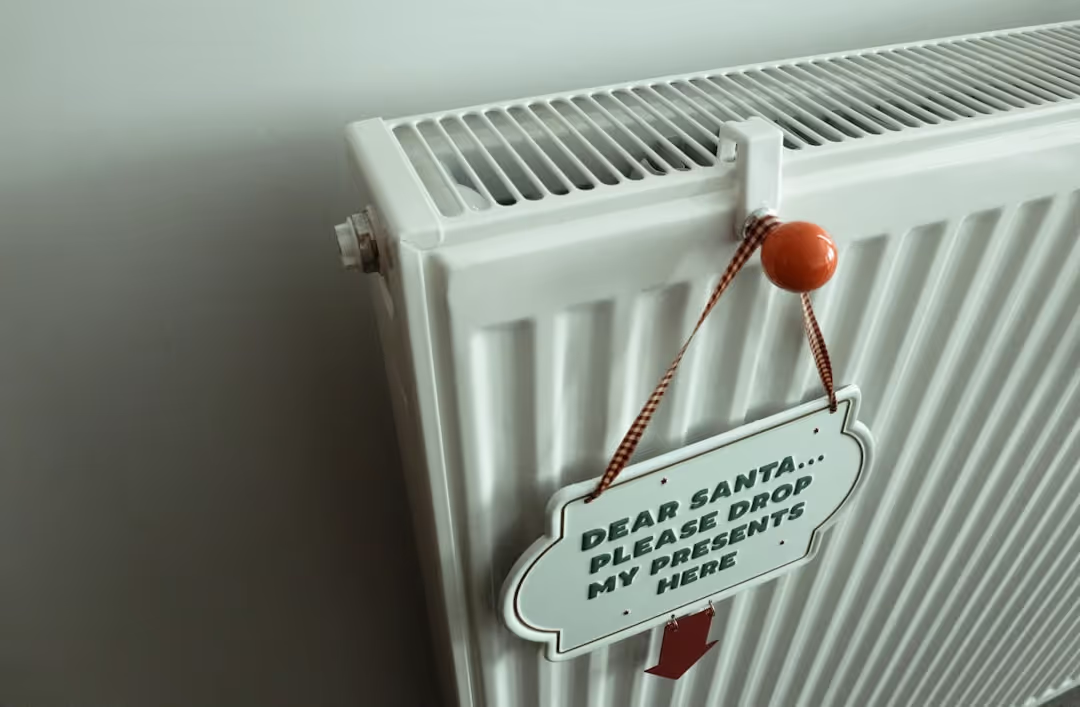



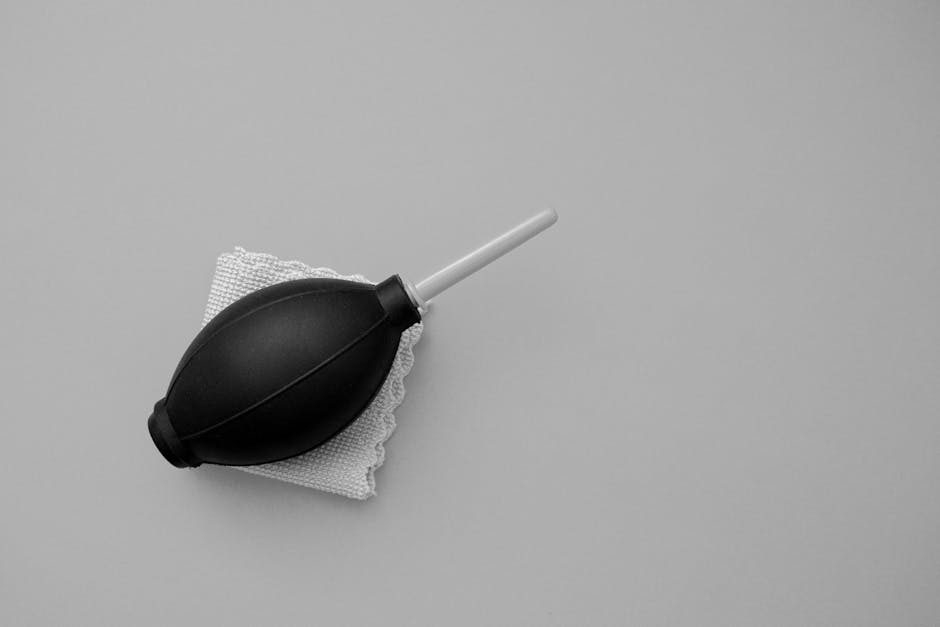
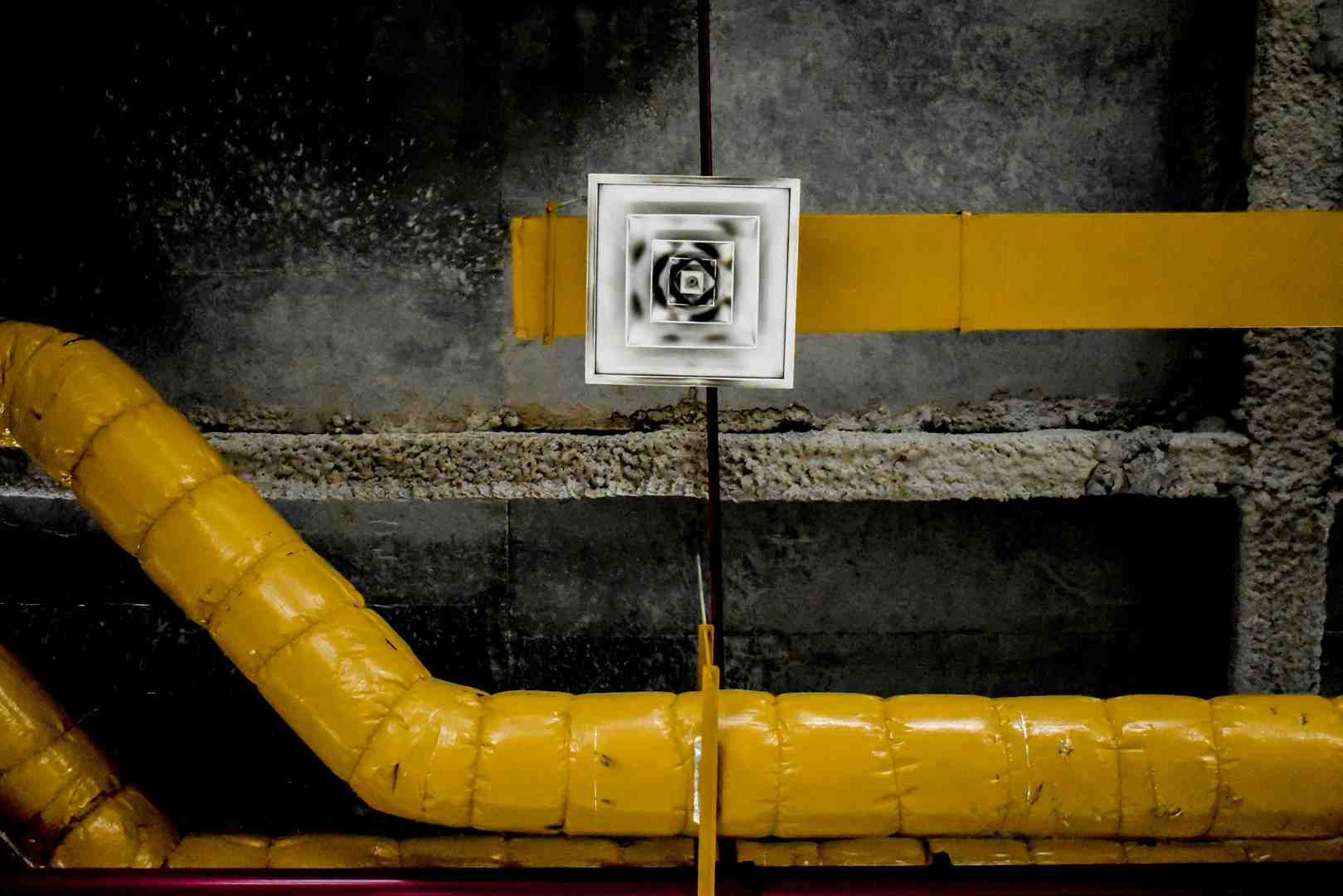
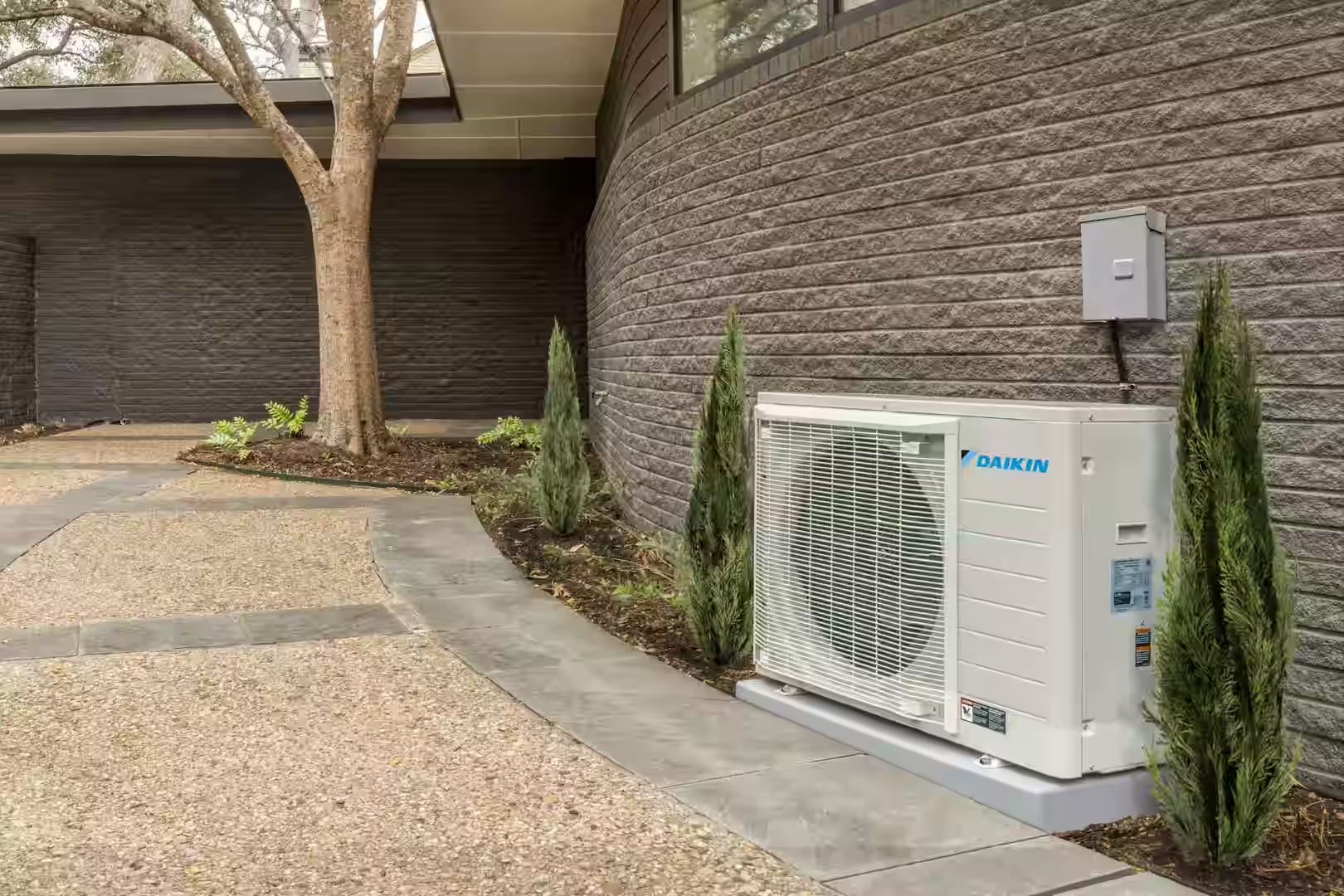
.png)
